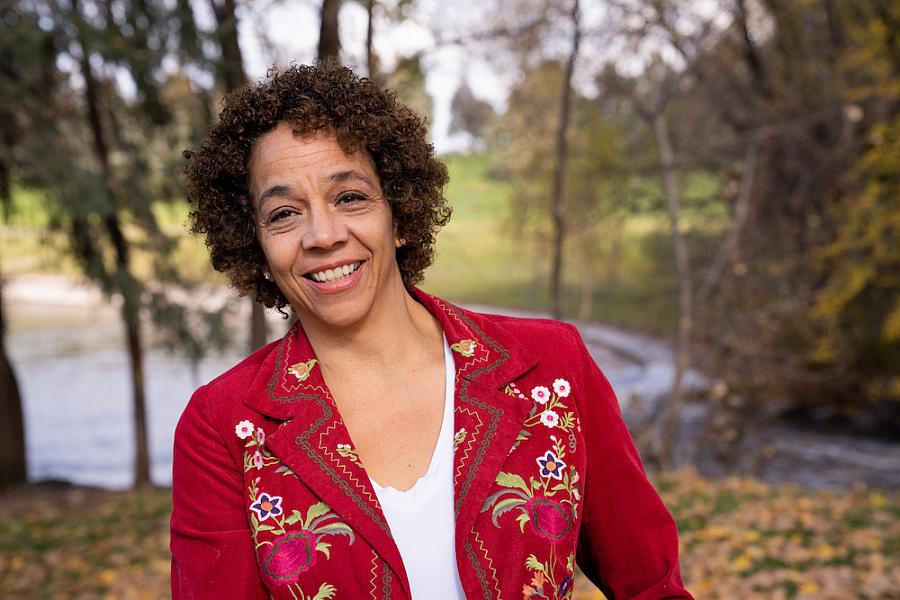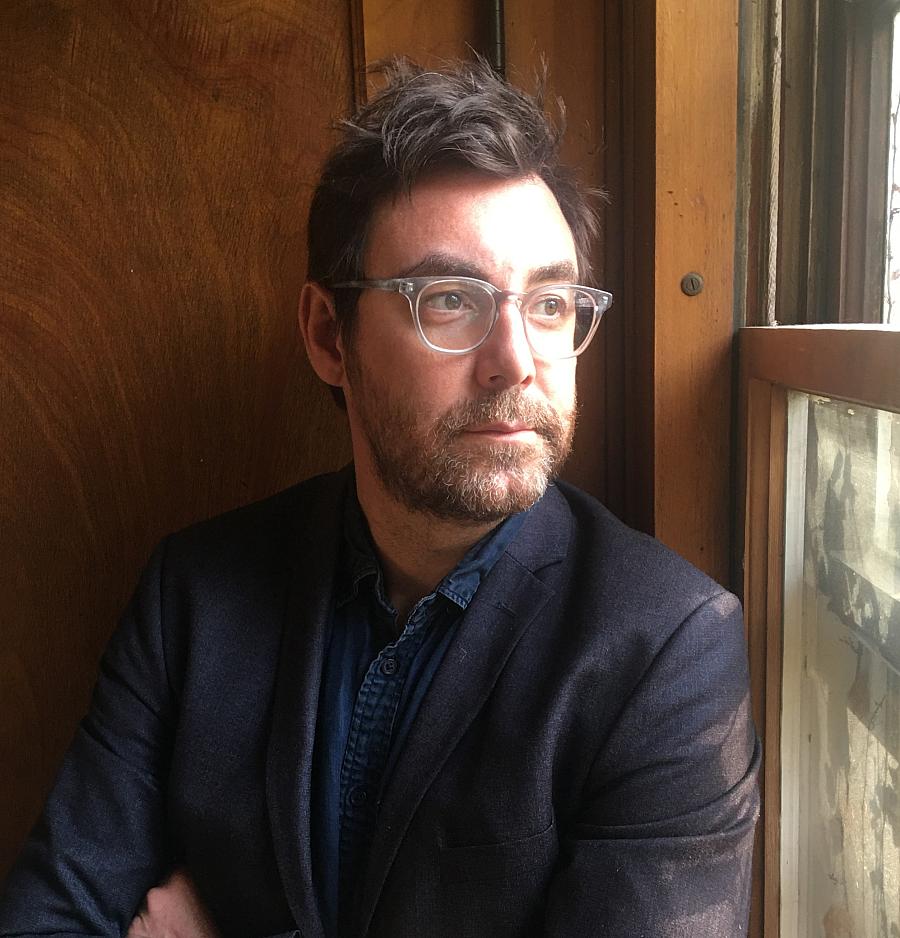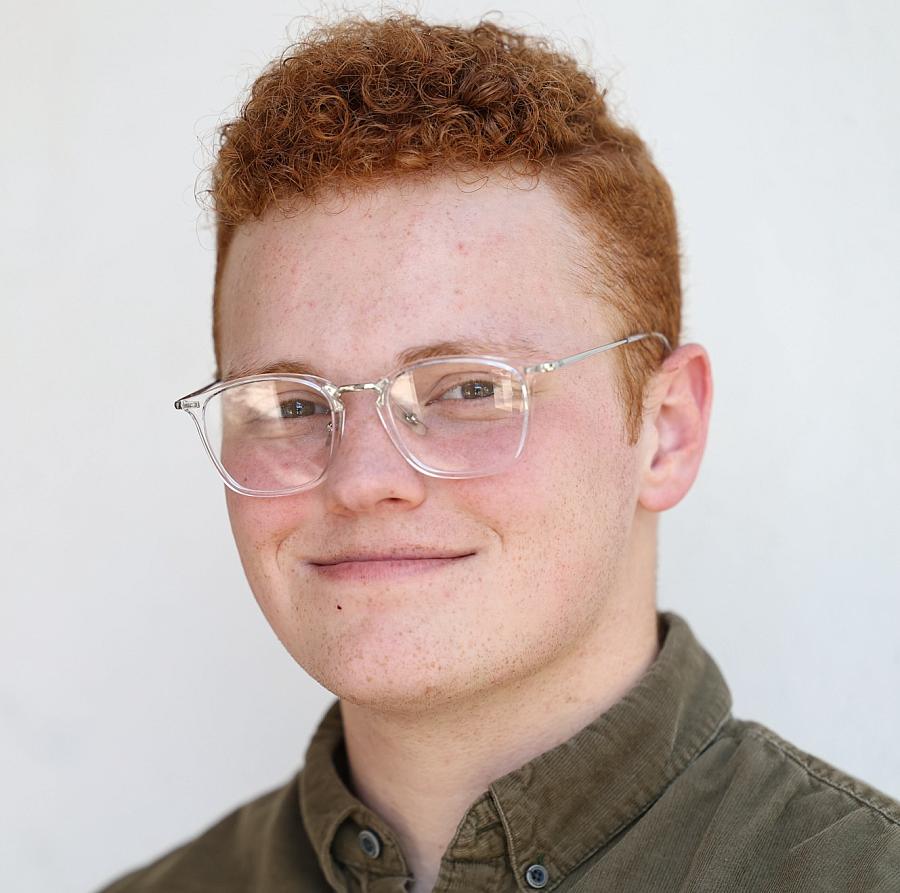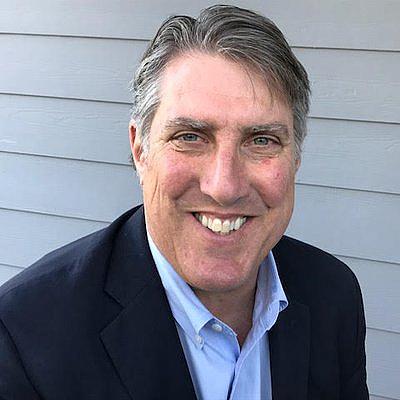Center announces inaugural grantees of the Lori Yearwood Fund for Reporting on Homelessness

Lori Yearwood.
The USC Annenberg Center for Health Journalism has selected three talented journalists as the inaugural grantees of the Lori Yearwood Fund for Reporting on Homelessness.
The grant recipients, Wes Enzinna, John Lynch and Dan Morain, all are participating in our 2024 California Health Equity Fellowship, which explores homelessness and other health challenges in California. Like Lori Yearwood, each of these grantees has some connection to our nation’s homelessness, mental health and housing affordability crises. They will work with the Center over the next five months, receive one-on-one mentoring, and participate in a three-day learning symposium.
The Lori Yearwood Fund provides grants to professional journalists to support reporting on the lives and health challenges of people who are unhoused. All funds raised for the Lori Yearwood Fund go directly to journalists.
The Lori Yearwood Fund was established in fall 2023 to honor the late Lori Yearwood, a journalist who died of cancer last September at the age of 57. Yearwood, a 2022 National Fellow with the Center for Health Journalism, chronicled the circumstances of people who are unhoused and the role of trauma in their lives. She wrote on these issues with insight and sensitivity, drawing on her own experiences on the streets.
Lori died too young, yet she had already made her mark. She reframed our nation’s conversation about homelessness and helped us to see the often-invisible role of trauma for those who are unhoused. We honor Lori’s memory by launching this fund and awarding journalism grants to reporters to continue her life’s work. We hope to spur new reporting on these topics defined by deep immersive explorations, sensitivity and grace.
The first group of recipients was awarded a combined total of $14,000 in reporting grants. In addition to their stipends, they also will receive five months of expert mentoring on their projects from Will James, a Seattle podcaster and audio journalist who has devoted his reporting career of late to reporting on homelessness. His latest podcast is called “Lost Patients,” and explores mental health and homelessness.
The Lori Yearwood Fund for Reporting on Homelessness is made possible thanks to the generous support of individual supporters and foundations.
“The three inaugural grantees of The Lori Yearwood Fund for Reporting on Homelessness embody the journalistic integrity and commitment to human dignity that Lori championed throughout her career,” said Michelle Schneidermann, M.D., director of the People-Centered Care team at the California Health Care Foundation, which provided seed funding for the Fund. “Our deep thanks to the Center for Health Journalism for establishing this important resource for journalists reporting on homelessness. The California Health Care Foundation is proud to help make this fund a reality.”
“Lori was unique in so many ways: a world class journalist who spent two years experiencing the accumulating traumas of living without shelter — physical and sexual abuse, imprisonment, involuntary commitment and perhaps worse, the withering daily judgment of society — all of which brought her to the brink of mental and emotional collapse," said Tom Shroder, a former Washington Post editor who helped her return to writing and reporting and a contributor to the Fund. “At her lowest point, through sheer will and inner grace some might call miraculous, she simply walked away from despair, regained her voice and gave millions new insight into the humanity of the most vulnerable and misunderstood among us. When she knew she didn’t have long to live, she made it very clear that she wanted her legacy to be fostering the kind of informed and empathetic journalism she personified.”
The inaugural group of Lori Yearwood Fund grantees are:
Wes Enzinna, Harper’s Magazine:

Wes Enzinna has written cover stories for The New York Times Magazine, Harper’s, Mother Jones and New York Magazine. He is a winner of a 2022 Whiting Nonfiction Award, a contributing editor at Harper's, and a visiting assistant professor at Columbia University. His book about a California homeless encampment, “Impossible Paradise,” is forthcoming from Penguin Press. His California Health Equity Fellowship project will address the failures of the low-income housing tax credit program in California — referred to as the “single most important source of funding for affordable housing in the U.S.” “I am inspired to report on the subject,” he wrote us, “in part because I have often found myself frustrated by the way the poor are portrayed in mainstream media. I was raised primarily by a single father who spent part of my childhood in maximum-security prison. I was unhoused and housing insecure during this period.”
John Lynch, San Luis Obispo Tribune:

John Lynch plans to examine the contributing factors behind rising homelessness among San Luis Obispo County seniors, a population increasingly at risk for losing permanent housing. “My own housing-related struggles (when moving to expensive San Luis Obispo County from Muncie, Indiana) and consistent communication with unhoused people have given me a firsthand view of the serious obstacles presented by San Luis Obispo County’s high cost of living — specifically for older residents,” he told us.
Dan Morain, Capitol Weekly:

Dan Morain is working on a book focused on the politics of our mental health care system after having spent four decades working for news organizations where he focused on public policy and politics. For the California Health Equity Fellowship, Morain will examine how the Lanterman-Petris-Short Act, which was signed by Governor Reagan in 1967 and transformed how California treats people with severe mental illness, still affects the state to this day. “Deinstitutionalization, with no safety net for people in need of care, may be the worst domestic policy failure of our time,” Morain wrote us.
The topic hits home for Morain, whose brother, Frank, died more than 20 years ago. But in some ways, the brother he loved died in June 1969 when he crashed his car at age 22 and suffered a debilitating brain injury. “Unable to care for Frank at home, my parents placed him in board and care homes, nursing homes and finally in Stockton, Agnews, Camarillo and Napa state hospitals. Frank lived another 31 hard years and taught me an important lesson — to have empathy for people who through no fault of their own cannot control their actions.”
To donate to the Lori Yearwood Fund, go here.
To apply for a Lori Yearwood grant, sign up for a conversation with the Center here.

